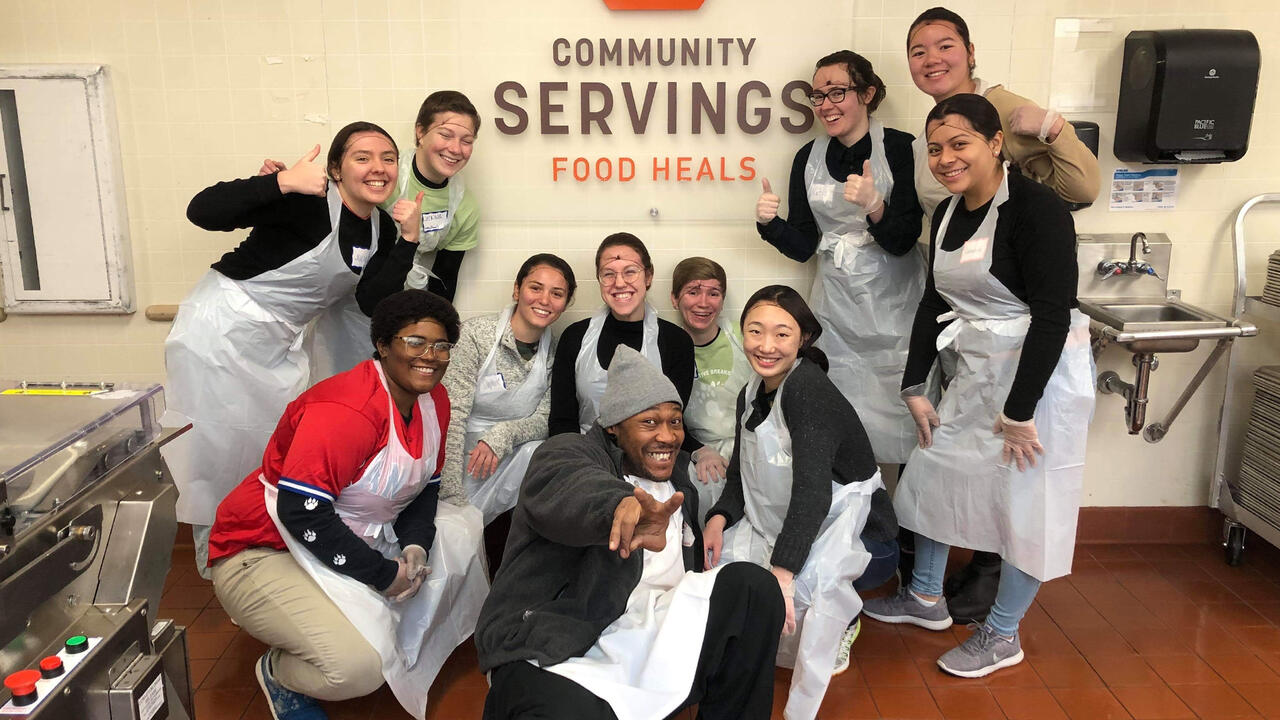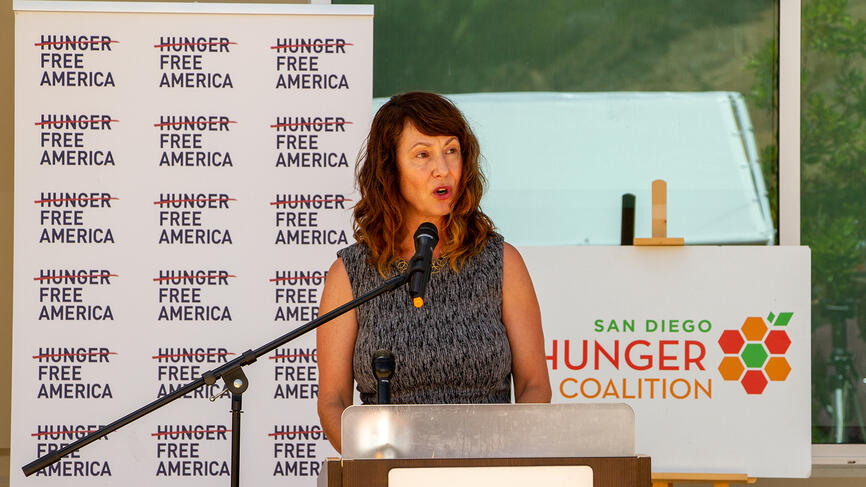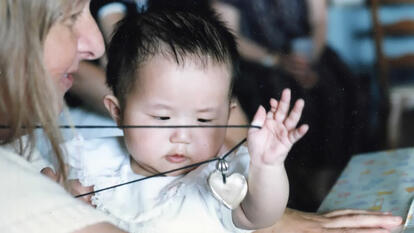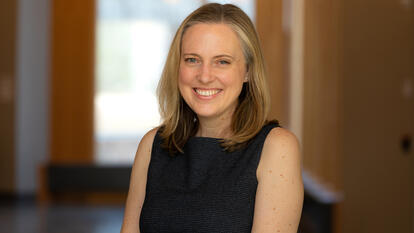
Fighting Food Insecurity All 365 Days
It’s that time of year: Supermarkets, schools, religious groups, and other organizations have been running their holiday season food drives. But food insecurity doesn’t just occur during November and December. Who is doing the work year round to promote equitable food access and security, and how? And what can members of the Wellesley community do to advocate for food justice?
Anahid Brakke ’97 is the president and CEO of the San Diego Hunger Coalition, an organization that helps people in need connect with community and federal hunger relief programs by using a data-driven, system-based approach. “A system-based approach means we look at the issue as a whole. We look at total need and total resources provided, and given that information we use collaborative planning to guide our efforts and make community and federal programs work for the people they’re supposed to work for,” explains Brakke. “We want to identify and eliminate any barriers to food assistance and create a sustainable nutrition security system.”
Brakke says that to address food insecurity, people need to take a collaborative approach. The Coalition runs several collaborative tables including San Diego County’s CalFresh Task Force, which brings together nonprofits, community-based organizations, and the county’s Health and Human Services Agency to make it easier for people to apply for CalFresh benefits (California’s name for SNAP, the Supplemental Nutrition Assistance Program). “Programs work better when we can talk openly about what is and isn’t working. That’s why information sharing and collaboration are imperative,” says Brakke.

The Coalition’s data show an increase in the amount of donations to food banks and other food insecurity organizations during this time of year. “I definitely expect to see increased pounds distributed because this is when people send in their holiday donations. But those donations taper off, and we are still left with really high levels of nutrition insecurity,” says Brakke. One-time donations to purchase food are important but insufficient. “Consider donating to support the infrastructure of a food pantry, like a paid volunteer coordinator,” says Brakke. “Support their advocacy efforts and SNAP outreach. Connecting eligible people to SNAP and making SNAP and other federal nutrition programs work better are the most effective things we can do to end hunger in America.”
Robert L. Paarlberg, Betty Freyhof Johnson ’44 Professor Emeritus of Political Science at Wellesley, agrees that SNAP is a key program. “In the U.S., hunger has been reduced thanks to government safety-net programs for low-income households, such as SNAP, WIC (food vouchers for women and children), and the federal school lunch program,” he says. But though food access has improved, he says, “greater attention should be paid to the food needs of undocumented immigrant households that do not qualify for SNAP benefits.” Paarlberg’s research focuses on food and agriculture policy around the world. In his most recent book, Resetting the Table: Straight Talk About the Food We Grow and Eat, he observes that food security has improved in most places and that acute food crises countries face are linked to extreme temporary circumstances and not long-term trends.
But food insecurity will improve only if people continue to do the important work, and some Wellesley students are playing a role: Katherine Muniz ’22 and Kayli Hattley ’22 participated in the 2019 Public Health and Food Insecurity Alternative Break (AB) with the Office of Civic Engagement. Their AB cohort worked with Community Servings, a Boston nonprofit that cooks and delivers food for households and individuals who have medical needs and dietary restrictions. Muniz and Hattley packed and delivered food every day from 9 a.m. to 4 p.m. during the week-long break.
Hunger is an emotion, a feeling. You can feel hungry any day just because you haven’t eaten, but food insecurity is a lack of resources. It’s systemic.
Kayli Hattley ’22
“At the beginning of the trip, I didn’t know the difference between hunger and being food insecure,” says Hattley, a biology major on the pre-med track. “Hunger is an emotion, a feeling. You can feel hungry any day just because you haven’t eaten, but food insecurity is a lack of resources. It’s systemic.”
Muniz, an environmental studies major, had taken classes related to food access but didn’t know much about the various groups working to address the issue. “I wanted to learn more and understand more,” she says. “Food insecurity can be such a broad subject and it is impacting such a big population of people in the U.S. Having gone through the experience [of food insecurity] myself, trying to help communities, my community especially, is really important to me.”
Now, Hattley and Muniz are coordinators for an Alternative Break in January 2022, set to lead a group of 11 students who will work on addressing food insecurity. “We had a lot of diverse people apply, with a lot of diverse interests. We hope we can learn from their points of view and from the knowledge they bring from the courses they’ve taken,” says Hattley.
Muniz and Hattley have learned that food on its own is not enough to combat the problem: People need access to nutritious food so that they can be healthy and lead active lives. Therefore, in planning their break, Muniz and Hattley want to show food insecurity as the complex topic that it is; they plan to visit multiple nonprofits and organizations and work with food banks and community fridges. Food insecurity is not just related to public health; it is related to advocacy, education, the environment, and a variety of academic subjects and fields.
It is not easy working and advocating for food equity and justice. Sometimes participation can be the most difficult thing. “Being so vulnerable and coming to the realization that Kayli and I have gone through the experience ourselves. The emotions can be a lot sometimes. You feel a weight like you want to help, but there’s only so much you can do,'” says Muniz. But what gives them both hope is that there’s such a long list of people and organizations in the Boston area approaching the topic from so many different perspectives and angles. “It’s a quiet change sometimes, but it’s happening. This is something that Wellesley, that people, care about,” adds Hattley. “There are so many ways to get involved,” Muniz says. “You’re going to make an impact no matter which you choose.”



